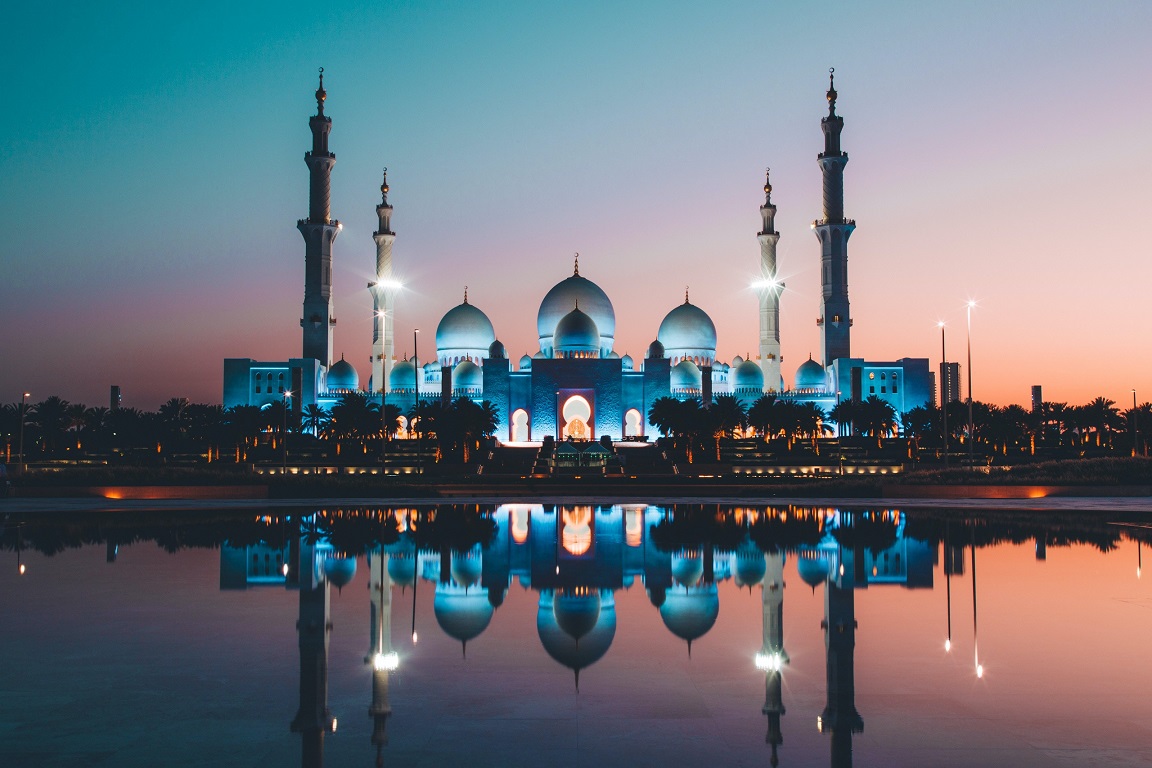2024-11-29 22:11:24
Dubai's Sustainable City, a pioneering project, aims to be a net-zero energy community.

The United Arab Emirates (UAE), a federation of seven emirates including renowned cities like Dubai and Abu Dhabi, has been synonymous with oil wealth for decades. The vast petroleum reserves discovered in the 20th century have propelled the UAE into economic prominence, turning it into a hub for business, tourism, and extravagant architectural marvels. Oil, combined with visionary leadership, has played a pivotal role in the rapid transformation of this desert nation into a global powerhouse.
The Environmental Cost of Prosperity
With wealth and development, however, came environmental challenges. The UAE's reliance on oil and gas not only contributed to global carbon emissions but also presented local environmental issues. Desertification, increased air pollution, and a high carbon footprint per capita became pressing concerns. Moreover, rapid urbanization and a booming tourism industry further stretched the country's natural resources, particularly water.
The Green Turn: Embracing Renewables
Recognising the environmental challenges and the global shift towards sustainable energy, the UAE has been proactively diversifying its energy portfolio. In 2017, the country launched its Energy Strategy 2050, aiming for a balanced energy mix that includes 44% from renewable sources. This marked a significant shift from fossil fuels to more sustainable alternatives, underpinning the nation's commitment to reducing its carbon footprint.
The strategy isn't just about numbers; it's backed by tangible projects. Massive solar parks, such as the Mohammed bin Rashid Al Maktoum Solar Park in Dubai, are testament to the UAE's ambitions. This solar park, once completed, is expected to be the largest single-site solar park in the world based on the Independent Power Producer (IPP) model.

Challenges and The Road Ahead
Transitioning to a greener energy mix presents the UAE with a unique set of challenges and opportunities. One of the most immediate challenges is the vast desert landscapes that, while offering ample sunlight for solar energy, also lead to frequent sandstorms. These storms result in sand accumulation on solar panels, which can reduce their efficiency and increase maintenance costs.
Moreover, the high temperatures and humid coastal environment in the UAE can also pose challenges to renewable energy infrastructure. Equipment often needs to be specially designed or adapted to withstand these conditions, which can increase initial costs.
However, the nation's proactive approach to these challenges is evident in its investments and strategic planning. For instance, Masdar City in Abu Dhabi, envisioned as a "greenprint" for the future, aims to be one of the world’s most sustainable urban communities. It incorporates a mix of residential, commercial, and research-focused areas, all designed with sustainability in mind. Features such as a zero-carbon public transportation system, energy-efficient buildings, and advanced water conservation methods position Masdar City as a model for urban development in arid regions.
Furthermore, Dubai's Sustainable City, a pioneering project, aims to be a net-zero energy community. By integrating passive and active design strategies, the city focuses on minimising its carbon footprint, recycling waste, and even promoting sustainable food production through urban farming.
These initiatives aren't isolated; they form part of a broader vision where the UAE aspires to set benchmarks for sustainability. The leadership believes that by demonstrating success in their challenging environment, they can offer a replicable model for other major cities worldwide. The country is not just content with internal progress; it actively hosts forums and conferences, like the World Future Energy Summit, to share insights, collaborate on solutions, and set the tone for global sustainable practices.
The UAE's commitment to overcoming challenges is evident in its multifaceted approach, combining policy, infrastructure development, and international collaboration. The nation's roadmap paints a promising picture, one where challenges are viewed as catalysts for innovation and progress.
Envisioning a Sustainable Oasis
The UAE's journey from an oil-dependent economy to a leader in renewable energy is a testament to its foresight and adaptability. While the path is laden with challenges, the commitment and initiatives taken by the nation are steps in the right direction. As the UAE continues its green transition, it sets a precedent not just for the Middle East but for arid regions worldwide, showcasing that with vision, collaboration, and determination, a sustainable future is achievable.
Most Viewed

Elephants, Giant Harmless Animals
2024-11-29 22:11:23

Commercial whaling and climate change are inhibiting evolutionary change in Arctic whales
2024-11-29 22:11:24

World Environment Day: 5th June
2024-11-29 22:11:24

Talking About Earth Day at Havre de Grace Maritime Museum
2024-11-29 22:11:24

Lithium: Global Projects and Policies of Economic Powers
2024-11-29 22:11:24
Comment

Why we need a UN Treaty on plastic pollution The Ellen MacArthur Foundation is a UK charity working on business, learning, insights & analysis, and communications to accelerate the transition towards the circular economy.

Air Pollution for Kids Air is all around us and we need it to survive.

Why We Need to Stop Plastic Pollution? Our oceans are being filled and killed by throwaway plastics.

Climate Change, Ecological Crisis and Sustainability We are all agents for change in climate action.

Climate Racism Climate Racism: Social Inequalities in the Age of Climate Change
Antoin Perrin
2024-11-30
This is very bad... the new generation has shown a lot of interest towards these devices which are very dangerous for health.